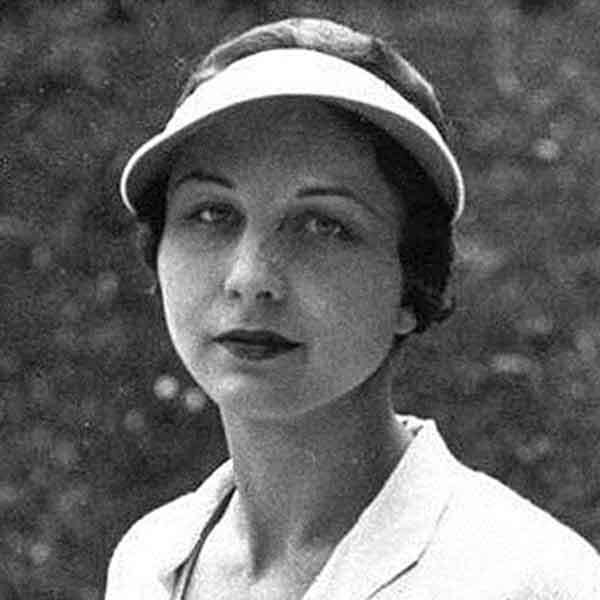Image from HWNI member Helen Bateup’s lab, showing their human brain organoid model of the developmental disorder tuberous sclerosis complex.
Who We Are
The Helen Wills Neuroscience Institute (HWNI) is the nexus for campus-wide multidisciplinary neuroscience research at UC Berkeley. Our over 70 faculty members come from 12 different academic departments. This unique cross-departmental structure brings together experts from a variety of fields to use the power of interdisciplinary research to achieve breakthroughs in the study of the brain and the rest of the nervous system and to drive the development of novel treatments and technologies.
We support our faculty in their individual research aims and foster opportunities for collaboration. To facilitate the work of our members, HWNI sponsors major research initiatives and runs six innovative neurotechnology and research centers. HWNI also helps train the next generation of neuroscientists in cutting-edge approaches through our support of the Neuroscience PhD Program. Our community is highly innovative, collaborative, and dedicated to answering important questions and solving pressing issues in neuroscience.
Our current faculty members come from the departments and schools of:
Our Mission
The research mission of HWNI is to deepen our understanding of how the brain and the rest of the nervous system functions, develops, changes, and ages; the processes underlying neurological diseases and disorders; and to improve outcomes for patients by developing new methods to diagnose and treat neurological diseases. We study the nervous system from single molecules to human behavior, with an emphasis on interdisciplinary approaches and use-inspired research. To achieve this mission, we bring together brilliant researchers from Berkeley’s world-leading programs in biology, psychology, engineering, chemistry, physics, statistics, computation, and more to collaborate and build next-generation approaches to probe the nervous system through original research and paradigm-shifting neurotechnology innovation.
HWNI’s mission is also to serve society by disseminating the knowledge and technology we generate to further scientific and clinical advances, and by training the next generation of leaders in the field of neuroscience through our support of the Neuroscience PhD Program. HWNI is deeply committed to increasing diversity and creating a welcoming, inclusive, and equitable environment where all of our students, staff, and faculty can thrive personally and professionally and achieve their highest potential. As a highly collaborative, interdisciplinary institute, we know that bringing together researchers with diverse perspectives and experiences fuels scientific breakthroughs, and cultivating a diverse and inclusive community strengthens our research programs, supports talented individuals, and benefits society at large.
About
Helen Wills
Helen Wills Moody was an Olympic gold medal-winning tennis champion and UC Berkeley alum (class of 1925). In 1995, she gave a gift that established an endowment for the Berkeley Neuroscience PhD Program and helped provide initial funding for our institute. In 2000, it was renamed the Helen Wills Neuroscience Institute in honor of her generous gift.
Helen Wills assisted in fighting the 1923 Berkeley fire when she was a student at Cal.
Read MoreHelen Wills was immortalized as the ‘Spirit of California’ in a mural by Diego Rivera.
Read More
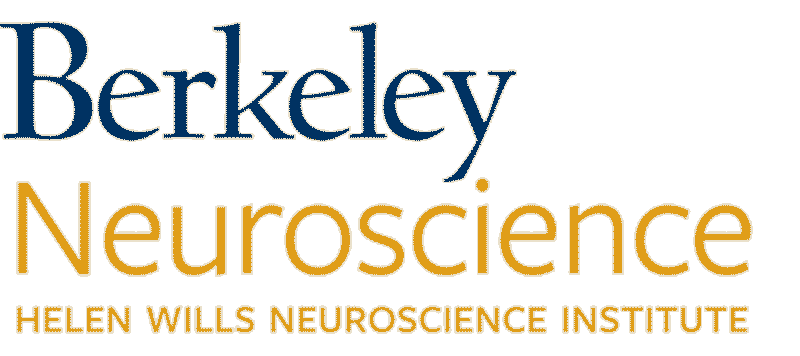
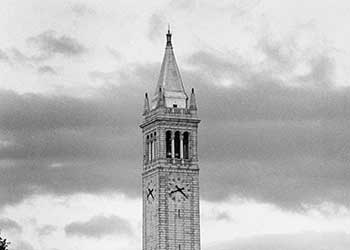 ’60s and ’70s: The Beginning
’60s and ’70s: The Beginning 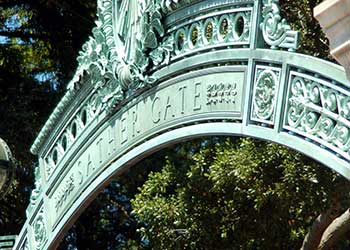 ’80s: A Major Reorganization
’80s: A Major Reorganization 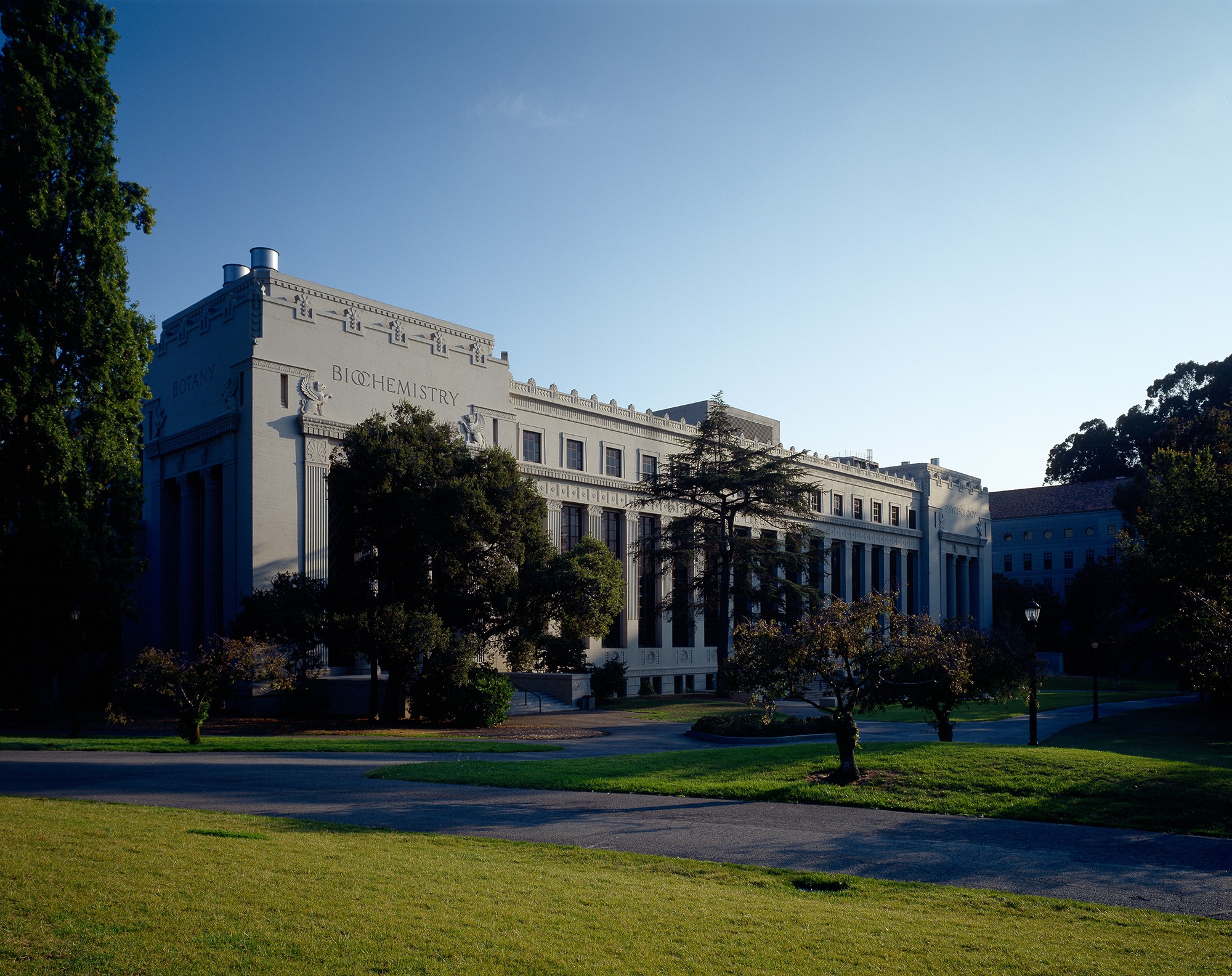 ’90s: A Bolder Plan
’90s: A Bolder Plan  1995: Helen Wills Donation
1995: Helen Wills Donation 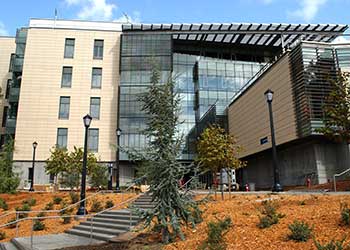 2001 to Now: Growth
2001 to Now: Growth 